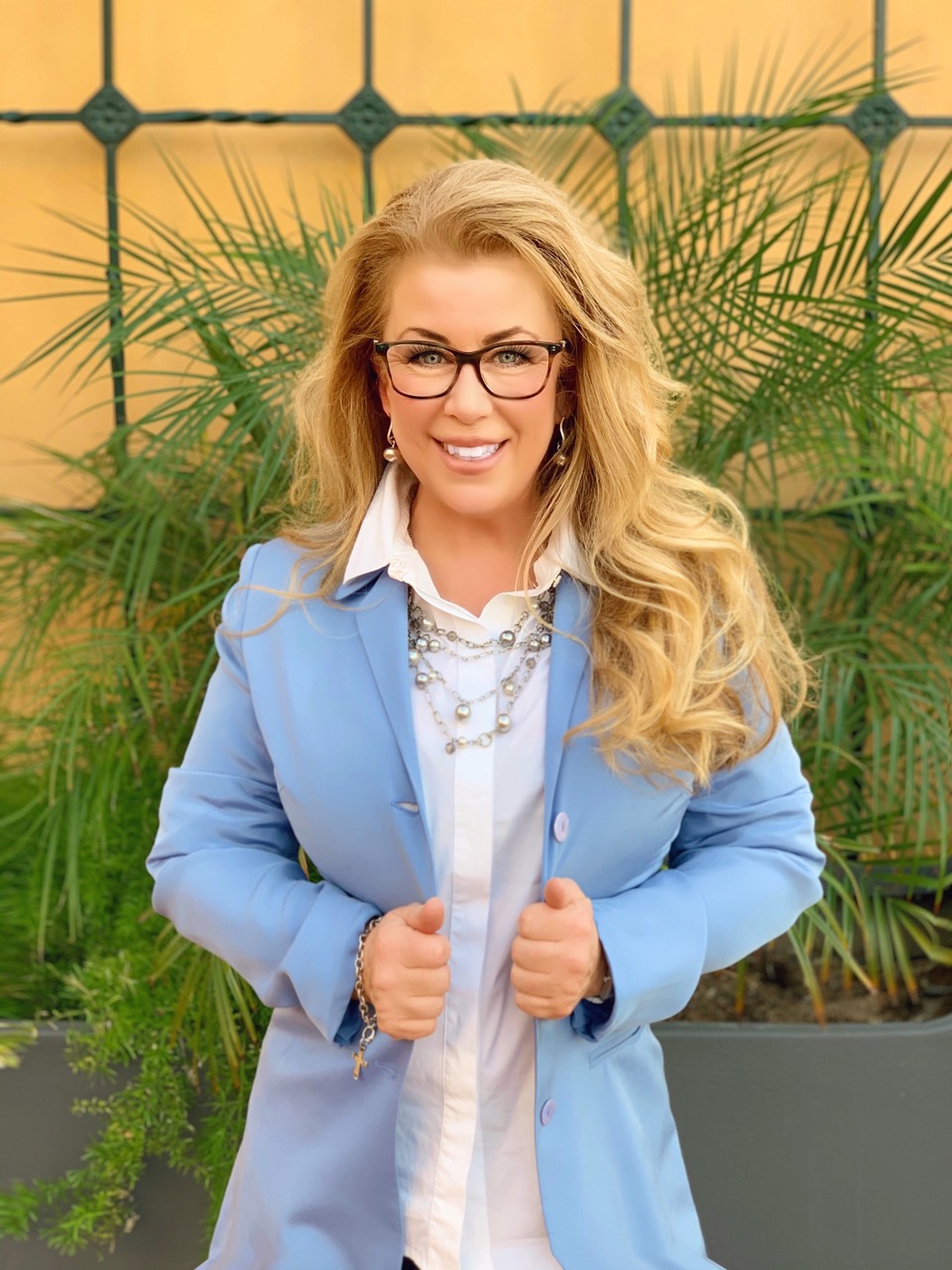Organizers


Bio
A Group Leader & Principal Scientist/Research Manager with 15+ years of experience in machine learning, deep learning, and Generative AI. Proven track of leading research projects (academic: 49 AI MSc&PhD, industrial: 7 Computer Vision, 5 LLMs, 2 Foundation Models), carrying out cutting-edge research (2 patents & 1 application, 20+ conference papers: NeurIPS, ICML, ICLR, AISTATS, UAI, CVPR, ICCV, 25+ journal papers), and securing funds (2,150,000 EUR). Experienced in and enjoying managing people (3y in the industry, 8y in academia). Effective team leader encouraging initiative & independence, and facilitating cross-functional collaboration. Well-recognized in the AI community (a PC of NeurIPS 2024, the author of a book on GenAI: "Deep Generative Modeling"). The Founder and Director of Amsterdam AI Solutions.
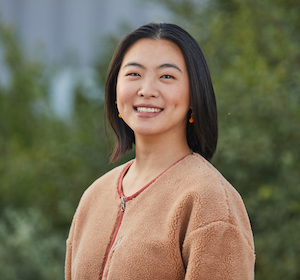
Bio
Angela Fan is currently a research scientist at Meta AI focusing on large language models. Previously, Angela worked on machine translation for text and speech, including projects such as No Language Left Behind and Beyond English-Centric Multilingual Translation. Before that, Angela was a research engineer and did her PhD at INRIA Nancy, where she focused on text generation.

Bio
Bo Han is currently an Assistant Professor in Machine Learning and a Director of Trustworthy Machine Learning and Reasoning Group at Hong Kong Baptist University, and a BAIHO Visiting Scientist of Imperfect Information Learning Team at RIKEN Center for Advanced Intelligence Project (RIKEN AIP), where his research focuses on machine learning, deep learning, foundation models, and their applications. He was a Visiting Research Scholar at MBZUAI MLD (2024), hosted by Prof. Kun Zhang, a Visiting Faculty Researcher at Microsoft Research (2022) and Alibaba DAMO Academy (2021), and a Postdoc Fellow at RIKEN AIP (2019-2020), working with Prof. Masashi Sugiyama. He received his Ph.D. degree in Computer Science from University of Technology Sydney (2015-2019), primarily advised by Prof. Ivor W. Tsang. He has co-authored three machine learning monographs, including Machine Learning with Noisy Labels (MIT Press), Trustworthy Machine Learning under Imperfect Data (Springer Nature), and Trustworthy Machine Learning from Data to Models (Foundations and Trends). He has served as Senior Area Chair of NeurIPS, and Area Chairs of NeurIPS, ICML and ICLR. He has also served as Associate Editors of IEEE TPAMI, MLJ and JAIR, and Editorial Board Members of JMLR and MLJ. He received Outstanding Paper Award at NeurIPS, Most …
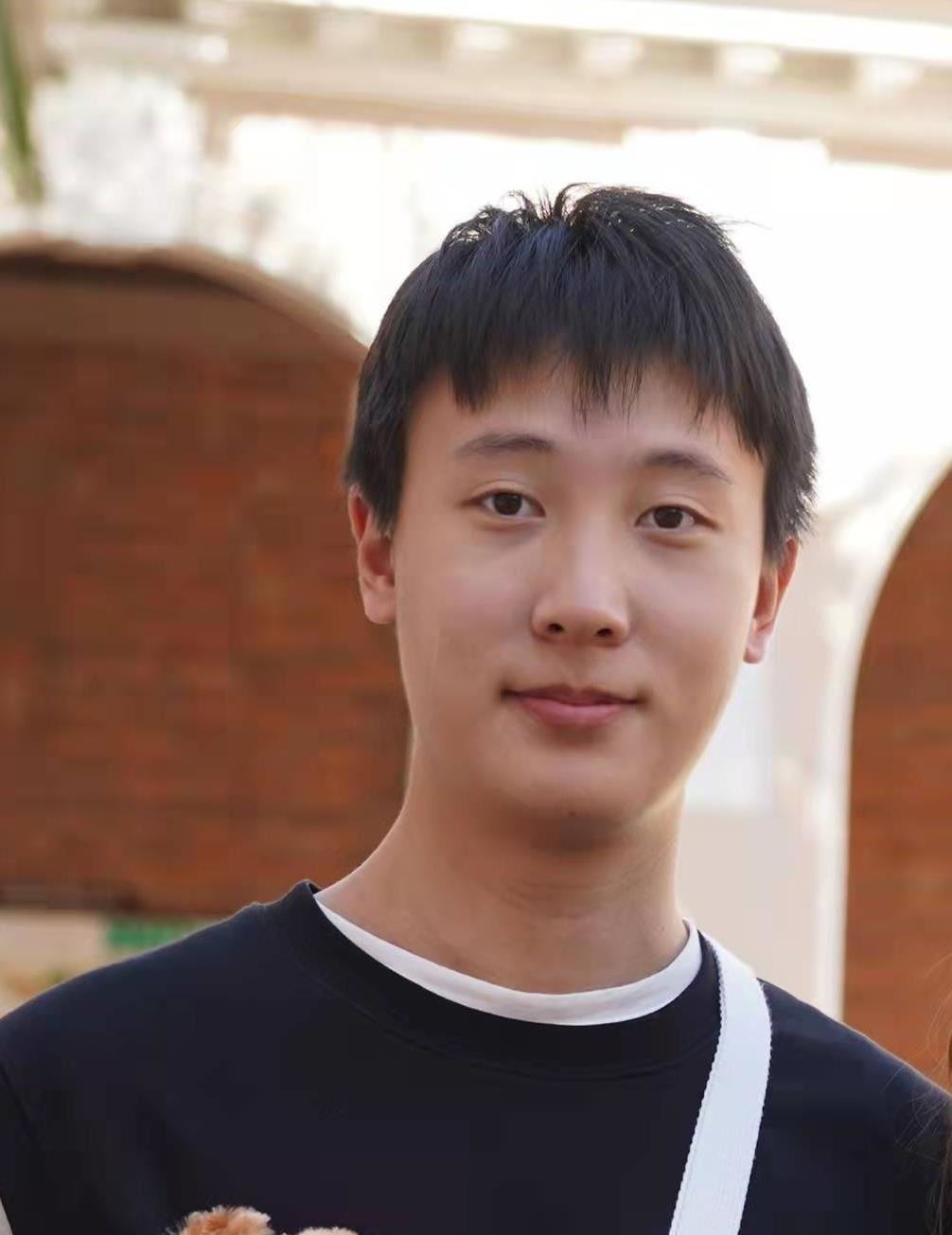
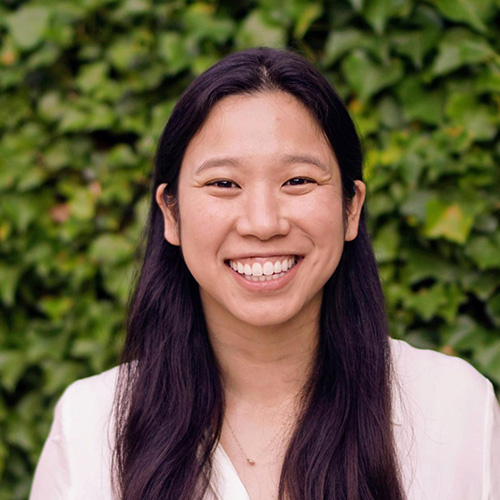
Bio
Irene Chen an Assistant Professor in UC Berkeley and UCSF’s Computational Precision Health program with a joint appointment in Berkeley EECS. She received her PhD from MIT EECS as a member of the Clinical Machine Learning group. She received a joint AB/SM degree from Harvard University, and she has worked at Dropbox and Microsoft Research.
Bio
Dr. Tao Qin (秦涛) is a Senior Principal Researcher/Manager at Microsoft Research AI4Science. His research fields encompass deep learning (with applications to machine translation, speech synthesis, healthcare, scientific discovery), and reinforcement learning (with applications to games and real-world problems). Recently, he has been concentrating on AI for science, specifically in areas such as molecular modelling and design, drug discovery, biochemistry, and more. He holds both a PhD and Bachelor's degree from Tsinghua University. Additionally, he is a senior member of ACM and IEEE, and serves as an Adjunct Professor (PhD advisor) at the University of Science and Technology of China.
Under his leadership, his team has made significant achievements. They helped Microsoft reach human parity in Chinese-English machine translation in 2018, clinched first place for eight translation tasks in WMT 2019, and developed the world's best Mahjong AI, named Suphx, which achieved a 10 DAN ranking on the Tenhou platform in mid-2019.

Bio
Dr. Jake Albrecht is the Director of Challenges and Benchmarking at Sage Bionetworks, responsible for managing the strategic and operational activities of benchmarking projects and data challenges, including the DREAM Challenges. Jake has a Ph.D. from MIT and B.S. from the University of Nebraska, both in Chemical Engineering.
Bio
With over a decade of experience in the field of data science, I have had the privilege of working with organisations across various industries in Africa to drive significant business outcomes through the use of ML and data-driven decision-making.
My journey began in 2010 when I transitioned from a background in evolutionary biology to data science, and in 2012, I founded one of the first data science and machine learning consultancies in South Africa. With a rigorous scientific approach to data and its uses, I have helped businesses build their own data strategies and teams, understand customer behaviour, and leverage their data to drive sales and reduce costs. My focus is on deriving key decisions from data and providing actionable recommendations to business leaders.
In 2018, I co-founded Zindi, Africa's leading data science and artificial intelligence competition platform, which hosts the continent's largest community of over 75,000 data and AI practitioners solving some of the world's toughest challenges using data and machine learning. At Zindi we help companies attract and hire top talent, upskill their own teams, and crowd-source fast tailored AI solutions to their problems.
Bio
William Wang is the Co-Director of UC Santa Barbara's Natural Language Processing group and Center for Responsible Machine Learning. He is the Duncan and Suzanne Mellichamp Chair in Artificial Intelligence and Designs, and an Associate Professor in the Department of Computer Science at the University of California, Santa Barbara. He received his PhD from School of Computer Science, Carnegie Mellon University. He has broad interests in Artificial Intelligence, including statistical relational learning, information extraction, computational social science, dialog & generation, and vision. He has published more than 100 papers at leading NLP/AI/ML conferences and journals, and received best paper awards (or nominations) at ASRU 2013, CIKM 2013, EMNLP 2015, and CVPR 2019, a DARPA Young Faculty Award (Class of 2018), an IEEE AI's 10 to Watch Award (Class of 2020), an NSF CAREER Award (2021), two Google Faculty Research Awards (2018, 2019), three IBM Faculty Awards (2017-2019), two Facebook Research Awards (2018, 2019), an Amazon AWS Machine Learning Research Award, a JP Morgan Chase Faculty Research Award, an Adobe Research Award in 2018, and the Richard King Mellon Presidential Fellowship in 2011. He frequently serves as an Area Chair or Senior Area Chair for NAACL, ACL, EMNLP, and AAAI. He …
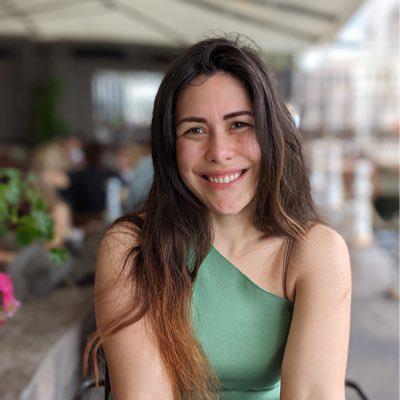

Bio
I am the Director of Artificial Intelligence and Machine Learning at New York City's Office of Technology and Innovation. I am responsible for work related to the city's AI Action Plan, being New York City's public commitment to lead the responsible use of innovative artificial intelligence (AI) technology, particularly at the level of local governments. I bring my years of experience in global AI governance and AI risk management to the role, having previously founded Responsible AI LLC, a startup, and expertise in ML for financial services and academic research.
I remain active in academic research and am published in leading venues. I am currently an Ethics Chair of the NeurIPS machine learning conference and Area Chair for the ACM FAccT conference on Fairness, Accountability and Transparency.
Bio
Hima Lakkaraju is an Assistant Professor at Harvard University focusing on explainability, fairness, and robustness of machine learning models. She has also been working with various domain experts in criminal justice and healthcare to understand the real world implications of explainable and fair ML. Hima has recently been named one of the 35 innovators under 35 by MIT Tech Review, and has received best paper awards at SIAM International Conference on Data Mining (SDM) and INFORMS. She has given invited workshop talks at ICML, NeurIPS, AAAI, and CVPR, and her research has also been covered by various popular media outlets including the New York Times, MIT Tech Review, TIME, and Forbes. For more information, please visit: https://himalakkaraju.github.io/
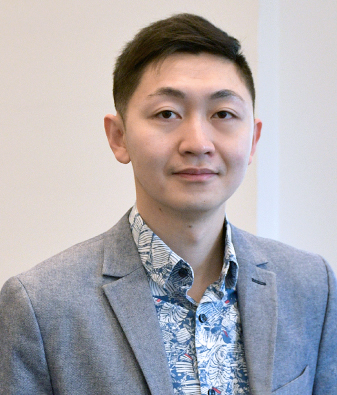
Bio
Alex Lu is a Senior Researcher at Microsoft Research New England, in the BioML group. His research focuses on machine learning methods that enable biologists to discover new hypotheses from big biological datasets. Facets of his research program include self-supervised representation learning towards the goal of characterizing previously unknown classes or patterns, foundation models towards the goal of making machine learning accessible to biologists working with more restricted datasets, and robustness and domain generalization to ensure that methods detect biological signal and not technical confounders.
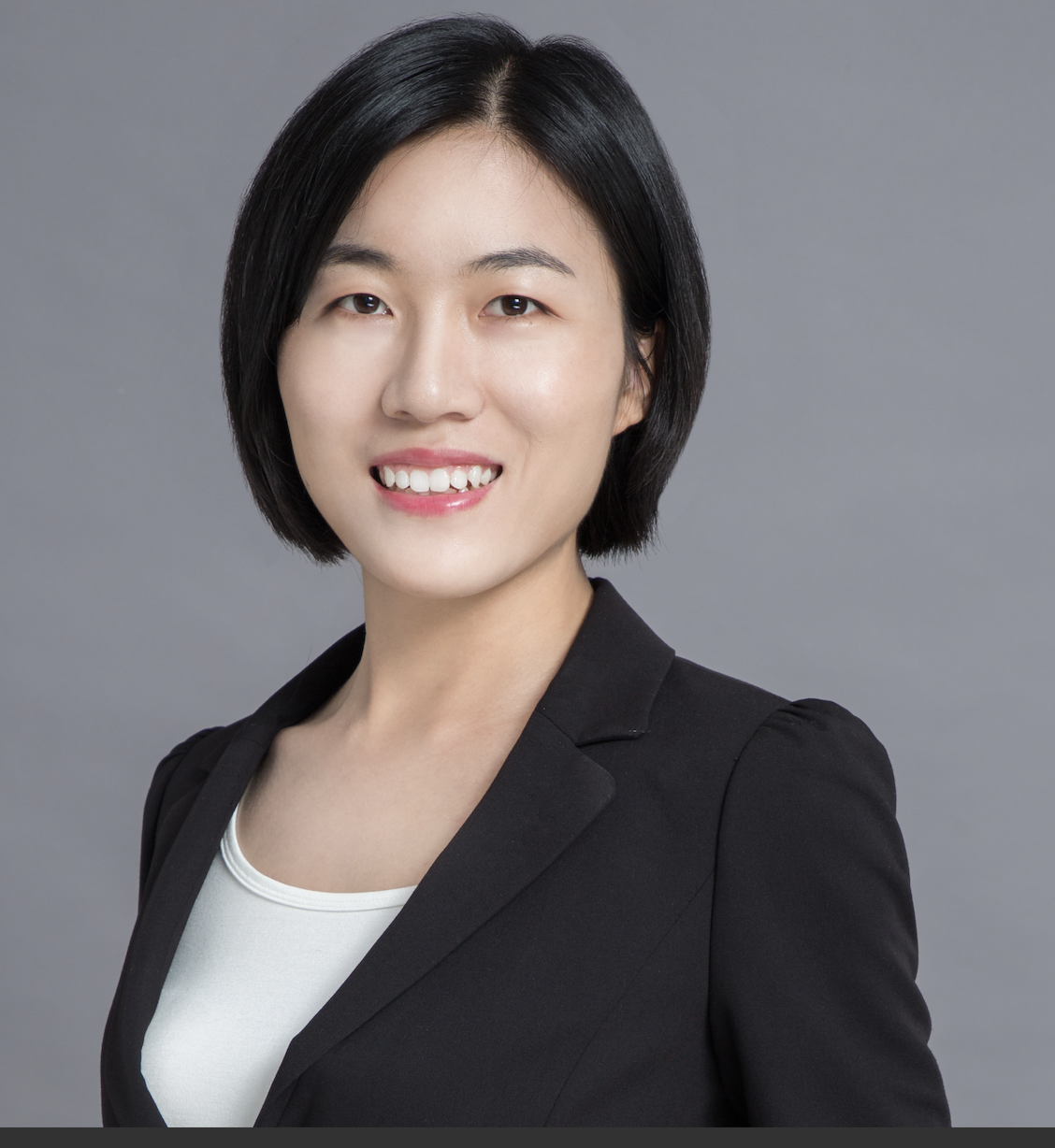
Bio
Dr Yali Du is an Associate Professor at King’s College London, and a Turing Fellow at The Alan Turing Institute. She directs the Cooperative AI Lab. Her research aims to enable machines to demonstrate cooperative and responsible behavior in intelligent decision-making tasks. Her work revolves around reinforcement learning and multi-agent decision making, encompassing areas of multi-agent cooperation, Human-AI coordination, and value alignment. In recognition of her contributions, Dr. Du received the AAAI New Faculty Highlights award in 2023 and was named a Rising Star in AI for the same year. She has also conducted tutorials on cooperative multi-agent learning at ACML 2022 and AAAI 2023. She actively serves as an editor for the Journal of AAMAS and IEEE Transactions on AI, Area Chairs for NeurIPS 2024, Senior PC for AAAI 2022, ECAI 2024. She also serves in the organisation committee for AAMAS 2023 and NeurIPS 2024. Her research receives support from the Engineering and Physical Sciences Research Council (UKRI-EPSRC).

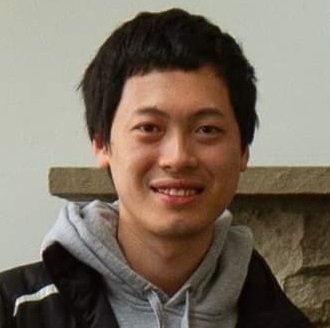
Bio
Lam M. Nguyen is a Staff Research Scientist at IBM Research, Thomas J. Watson Research Center working in the intersection of Optimization and Machine Learning/Deep Learning. He is also the PI of ongoing MIT-IBM Watson AI Lab projects. Dr. Nguyen received his B.S. degree in Applied Mathematics and Computer Science from Lomonosov Moscow State University in 2008; M.B.A. degree from McNeese State University in 2013; and Ph.D. degree in Industrial and Systems Engineering from Lehigh University in 2018. Dr. Nguyen has extensive research experience in optimization for machine learning problems. He has published his work mainly in top AI/ML and Optimization publication venues, including ICML, NeurIPS, ICLR, AAAI, AISTATS, Journal of Machine Learning Research, and Mathematical Programming. He has been serving as an Action/Associate Editor for Journal of Machine Learning Research, Machine Learning, Neural Networks, IEEE Transactions on Neural Networks and Learning Systems, and Journal of Optimization Theory and Applications; an Area Chair for ICML, NeurIPS, ICLR, AAAI, CVPR, UAI, and AISTATS conferences. His current research interests include design and analysis of learning algorithms, optimization for representation learning, dynamical systems for machine learning, federated learning, reinforcement learning, time series, and trustworthy/explainable AI.
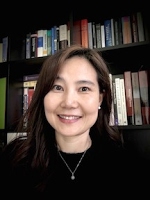
Bio
Jean Oh is an Associate Research Professor at the Robotics Institute at Carnegie Mellon University and the Director of roBot Intelligence Group (BIG). Jean’s current research is focused on developing high-level intelligence for robots in the domains of autonomous navigation and creativity. Jean’s long-term brainchild, FRIDA, a reference to the vibrant painter Frida Kahlo, stands for a Framework and Robotics Initiative for Developing Arts to promote human creativity and real-world arts. FRIDA supports intuitive and accessible ways for people to collaboratively create artworks including natural language, images, and sounds. Jean’s work has won several best paper awards at IEEE International Conference on Robotics and Automation (ICRA) and IEEE/RSJ International Conference on Intelligent Robots and Systems (IROS) and has been featured in various media around the world including New York Times, The Telegraph, Petit Quotidien, Australian Broadcasting Corporation (ABC), and Korean Broadcasting Systems (KBS).




